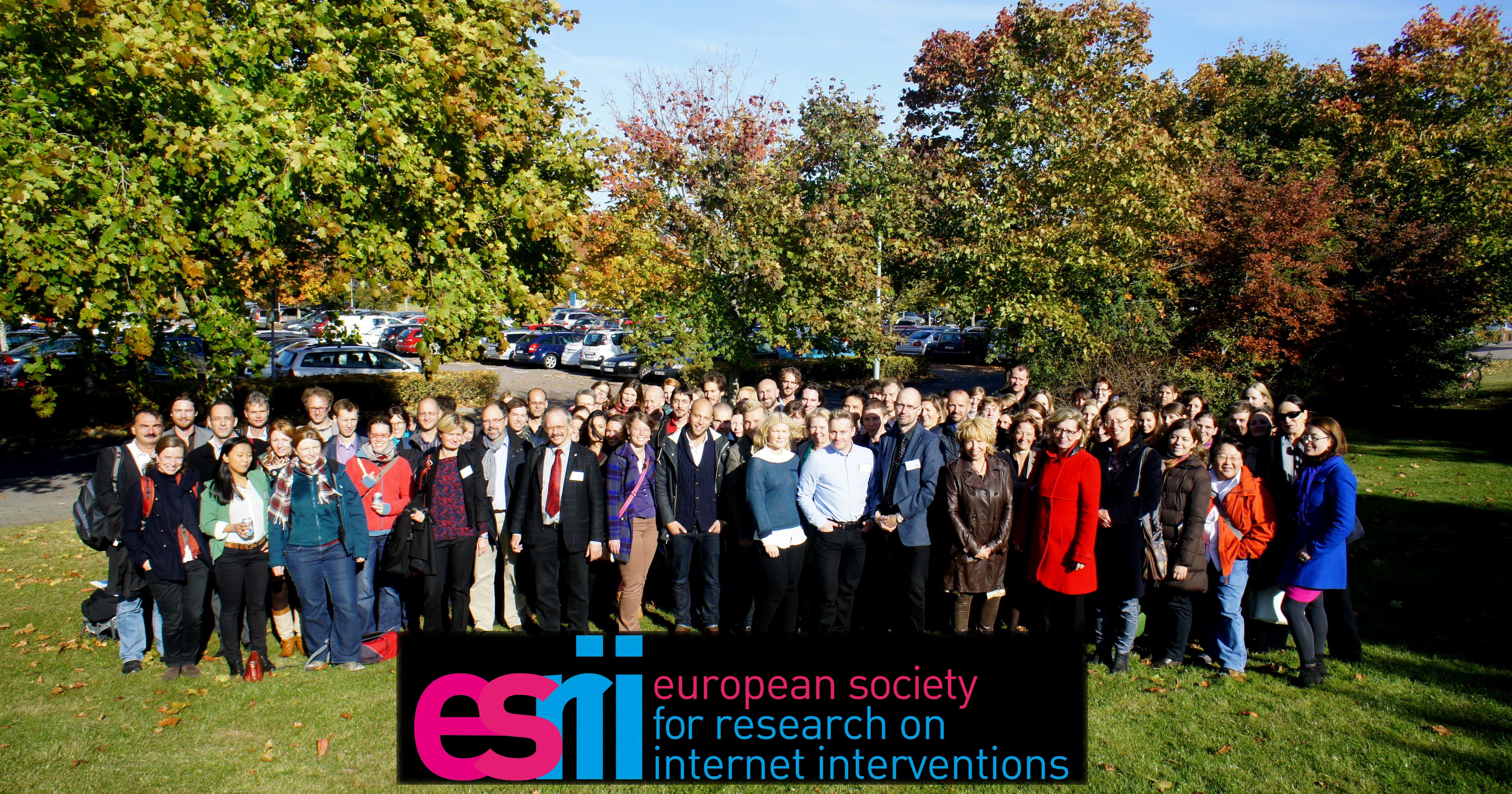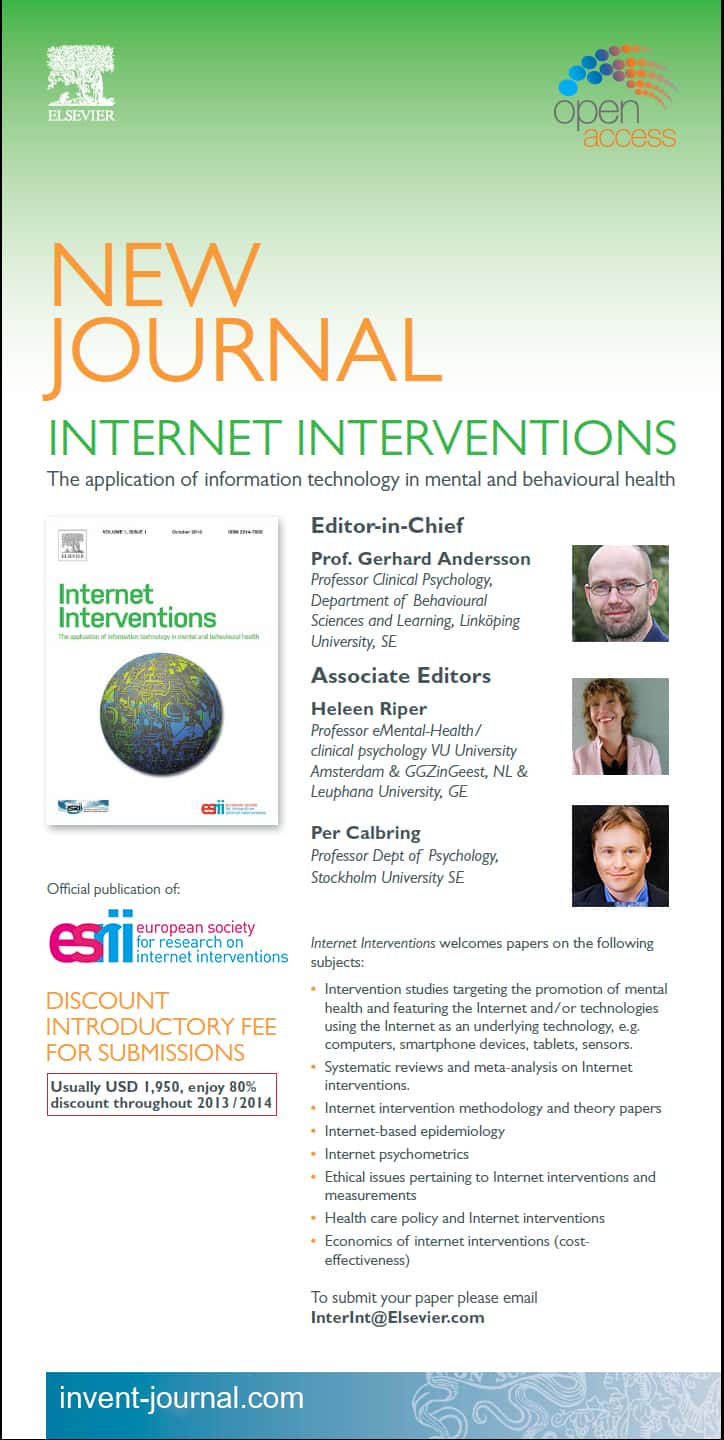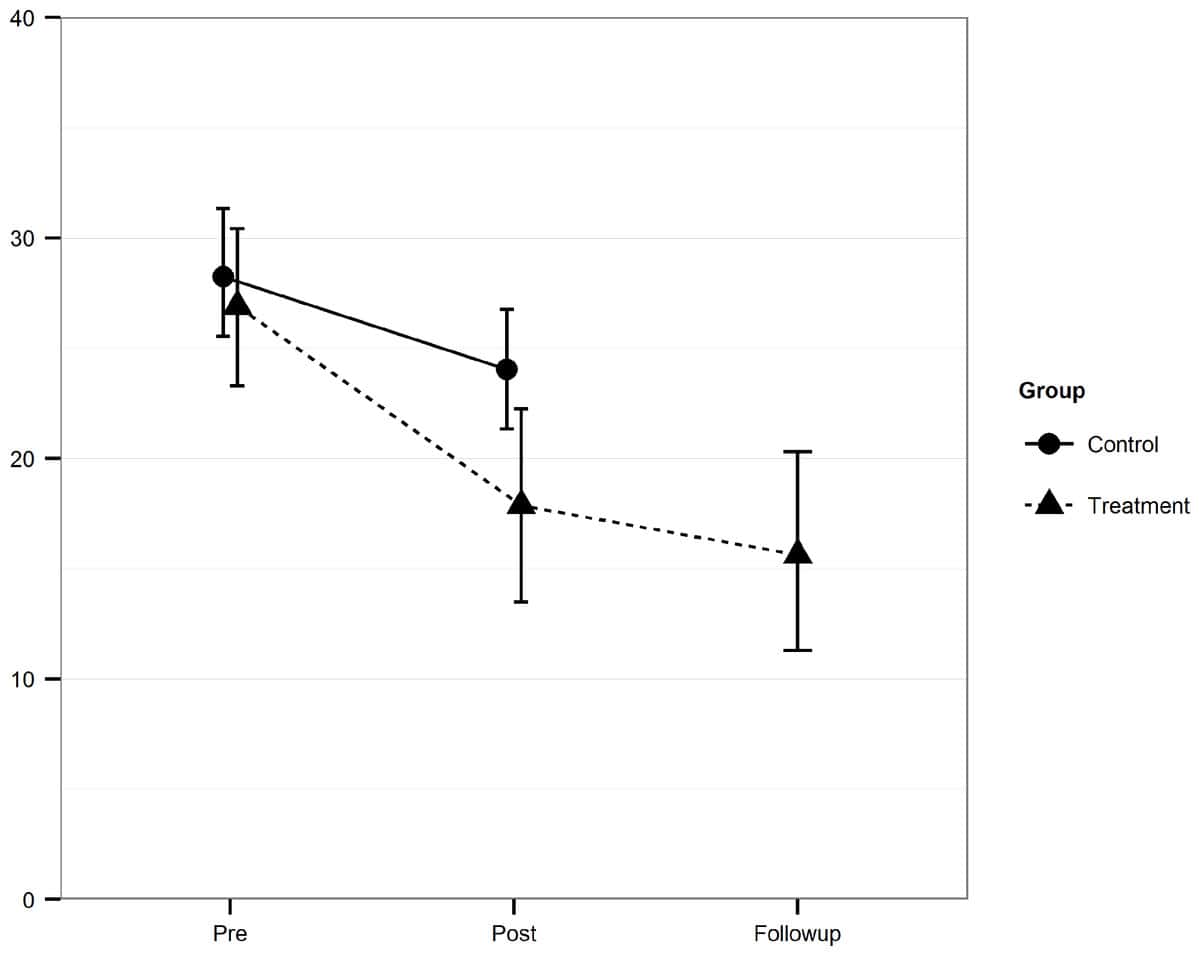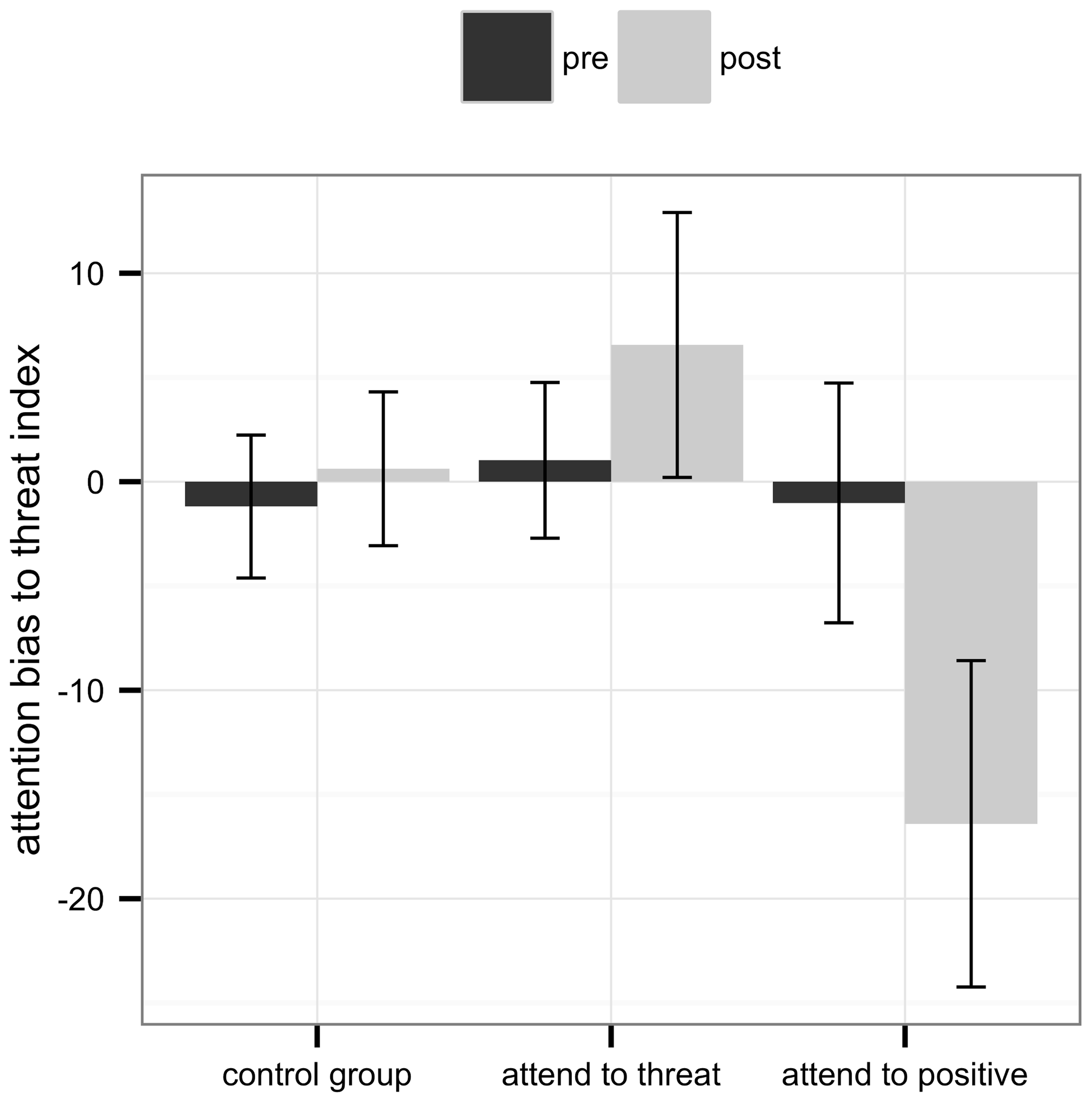More than 40 pictures from the ESRII conference 2013
The European Society for Research on Internet Interventions (esrii) is a non-profit organization committed to advancing the scientific approach to studying eHealth interventions. esrii is a group of researchers, clinicians and policy experts whose mission is to foster excellence in evidence-based eHealth interventions targeting behavioral and mental health. eHealth interventions comprise existing and emerging technologies, … Läs mer!









